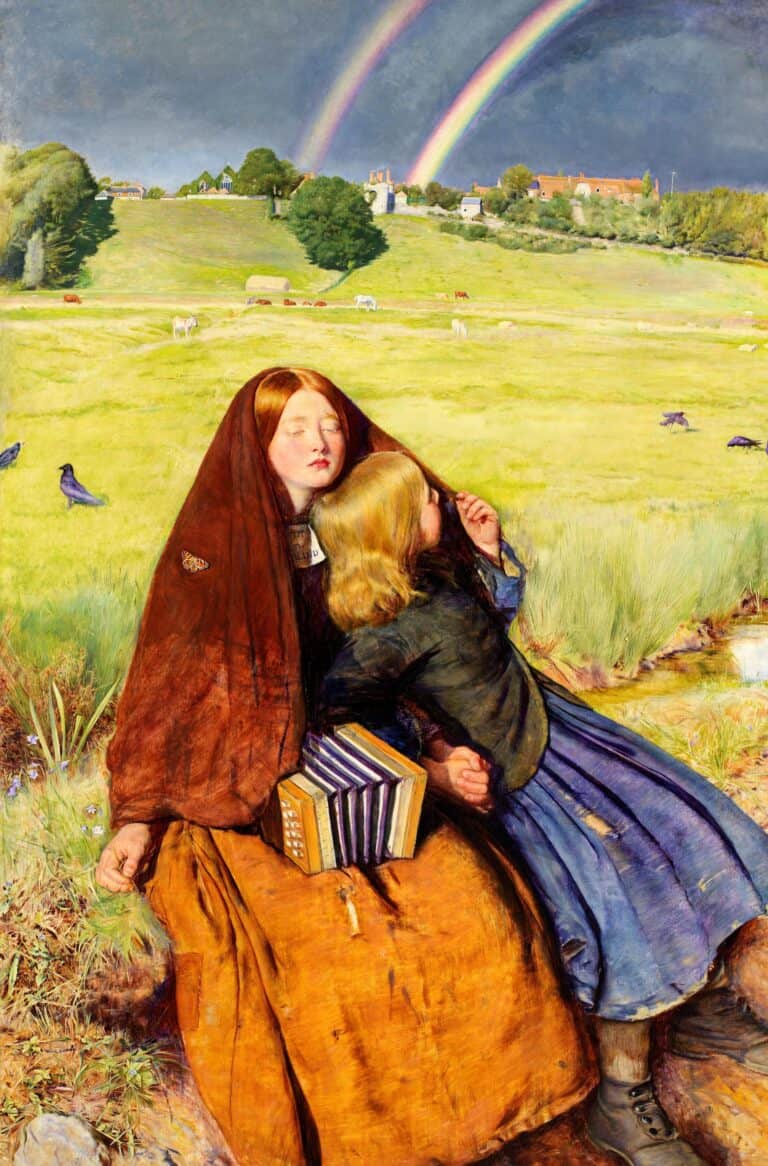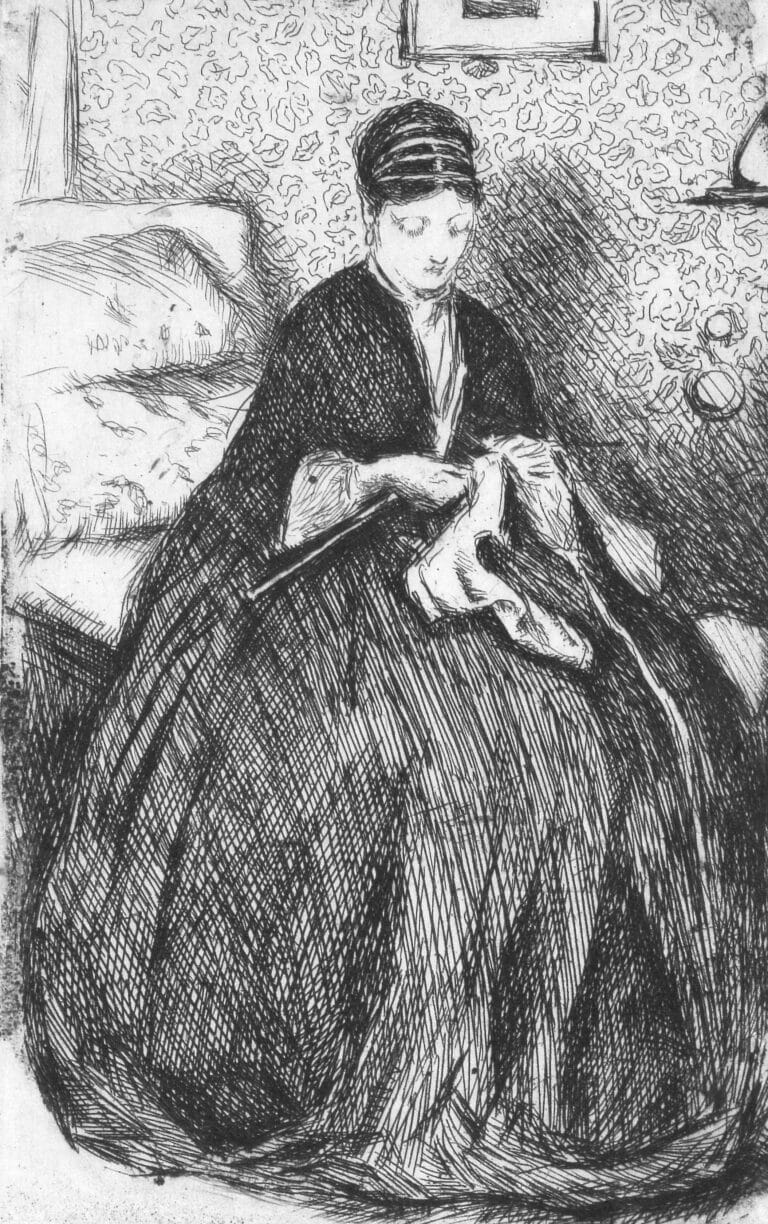When Faith and Obsession Collide: Understanding Religious OCD
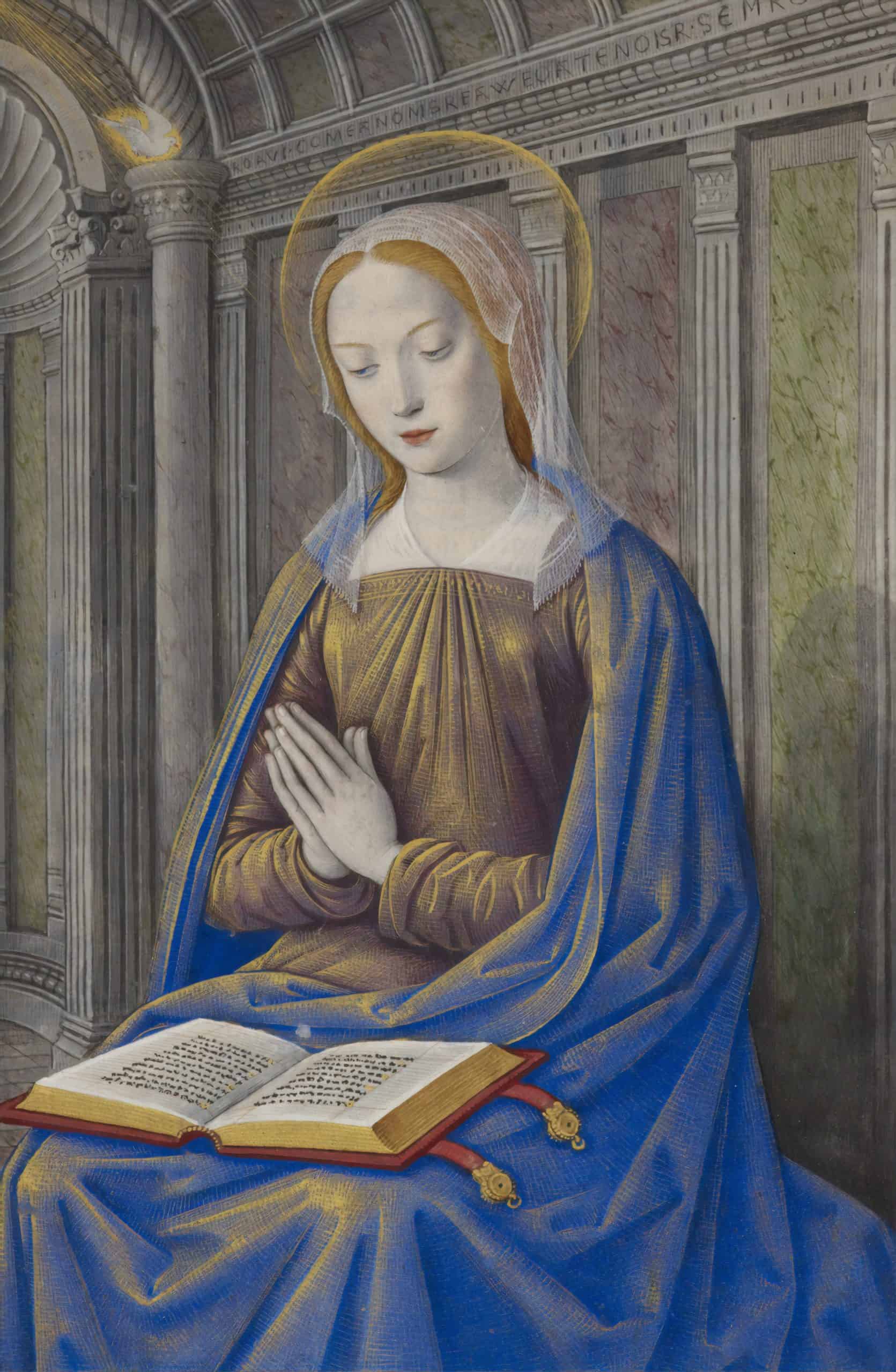
The interplay between faith and OCD has been woven into the very fabric of my life since my earliest memories. Throughout my journey, I’ve grappled with distressing worries and fears, tightly intertwined with an unshakable sense of responsibility.
What makes this even more intriguing is my role as a religious leader, where I became a pro at hiding the ongoing battle between my thoughts and compulsions out of fear that I would no longer be respected in my vocation.
And yet, treatment came into my life like a beacon of hope, rescuing me from the pits of despair and reshaping my entire outlook. I strongly believe that faith and mental health are not mutually exclusive.
Rather, evidence-based mental health treatment can actually help us reconnect with faith in value-driven ways. And now, I’m honored to have the chance to combine my personal journey of dealing with OCD with my professional role as a faith leader.
Every new day is a privilege. It allows me to assist individuals who are caught up in the intricate tango of OCD and faith. Together, we uncover a crucial truth – this struggle isn’t a religious/spiritual issue; it’s about wrestling with a mental health challenge.
Thankfully, we’re in an age where evidence-based treatments (like Exposure and Response Prevention for OCD) provide us with powerful tools to tackle these challenges head-on. By blending clinical knowledge with compassion, we can integrate therapeutic approaches that guide individuals toward recovery.
I’m truly honored to share my experiences and insights, walking side by side with fellow travelers through the twists and turns of OCD. Our path lights the way to healing and hope, grounded in both faith and the power of evidence-based treatment.
What are you waiting for? – Download Your FREE OCD Worksheets Now!
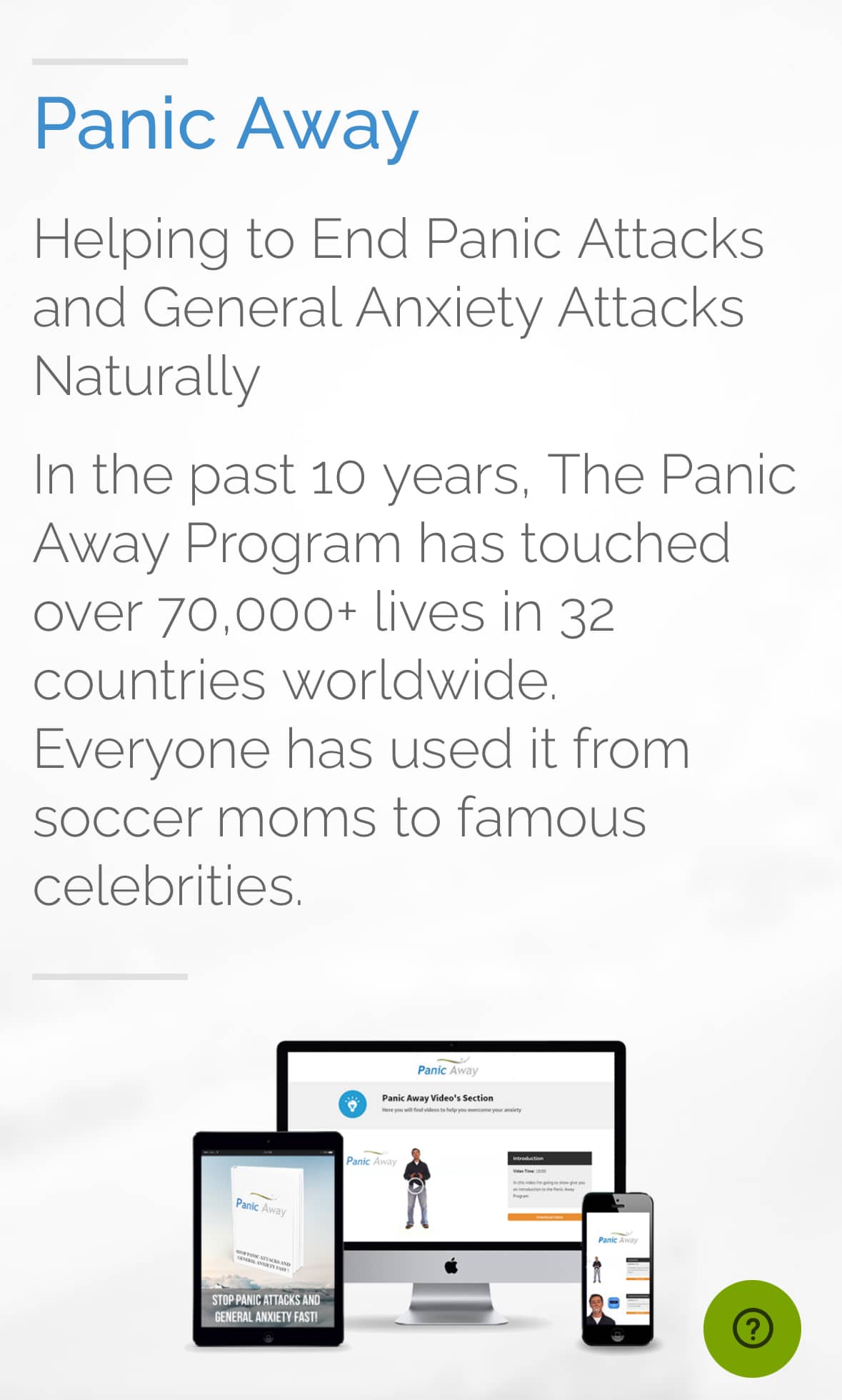
Ready to reclaim your life, one fearless step at a time? Your personalized path to anxiety-free living starts now!
Unlock your extraordinary future with PanicAway!
Don’t let anxiety define your story. Choose PanicAway, and step into a world bursting with limitless opportunities and unshakable self-assurance. Your personalized path to an extraordinary life is right here!
Meet PanicAway: Your Personal Roadmap to Liberation from Anxiety
Tired of letting anxiety steal the best moments of your life? It’s time to take charge and embrace a world filled with possibilities, free from fear and panic.
Why PanicAway is Your Perfect Ally in this Journey:
- Immediate Relief: Imagine those sleepless nights and crippling panic attacks becoming distant memories. PanicAway arms you with techniques for instant anxiety relief, putting you back in control.
- Empowerment from Within: It’s not about just managing anxiety; it’s about conquering it at its core. Rediscover your inner strength and emerge as a fearless, empowered version of yourself.
- Reclaim Your Freedom: Visualize a life where anxiety no longer dictates your choices. With PanicAway, you’ll savor the freedom to chase your dreams, explore the world, and seize every opportunity with unwavering confidence.
- Proven Success Stories: Join the community of individuals who’ve transformed their lives with PanicAway. You can be the next success story, and we can’t wait to celebrate your triumph!
- Comprehensive Support: You gain access to a treasure trove of resources, from life-changing e-books to enlightening audio guides. Plus, connect with kindred spirits on their own journeys to overcome anxiety.
What is OCD?
According to the International OCD Foundation (IOCDF), 1 in 100 adults (2 million to 3 million in the U.S.) is diagnosed with obsessive-compulsive disorder (OCD), “a debilitating disorder defined by unwanted obsessions that terrify the sufferer and compulsions repeated over and over to alleviate overwhelming fear, guilt, or anxiety.”
While the disorder is often wrongly labeled as a “cute quirk” or “helpful organizational trait” in the media, this could not be further from the truth. Rather, this is a disorder that stole large chunks of my life and the lives of many individuals I care about.
In this debilitating “doubting disorder,” an individual becomes acutely aware of intrusive thoughts on the things most important to them. And yet, the ego-dystonic nature of the disorder distorts the content, making an individual question every aspect of the things they value most.
In that regard, it is never really about the “content.” Rather, it is about uncertainty in its simplest form. The content always seems significant, as it is important to the sufferer, but it is just another distorted flavor of OCD.
I often describe OCD as really nasty ice cream, with each subtype representing a different, gross artificial flavor.
It’s all the same nasty ice cream, but it just happens to take on a different form that is the most appalling to the person.
Some individuals might experience OCD subtypes related to harm, relationships, sexual orientation, contamination, and even religion/spirituality – all depending on the things they value most.
Related Articles – How to Help Someone With Obsessive Thoughts
Personal Experiences with Religious OCD
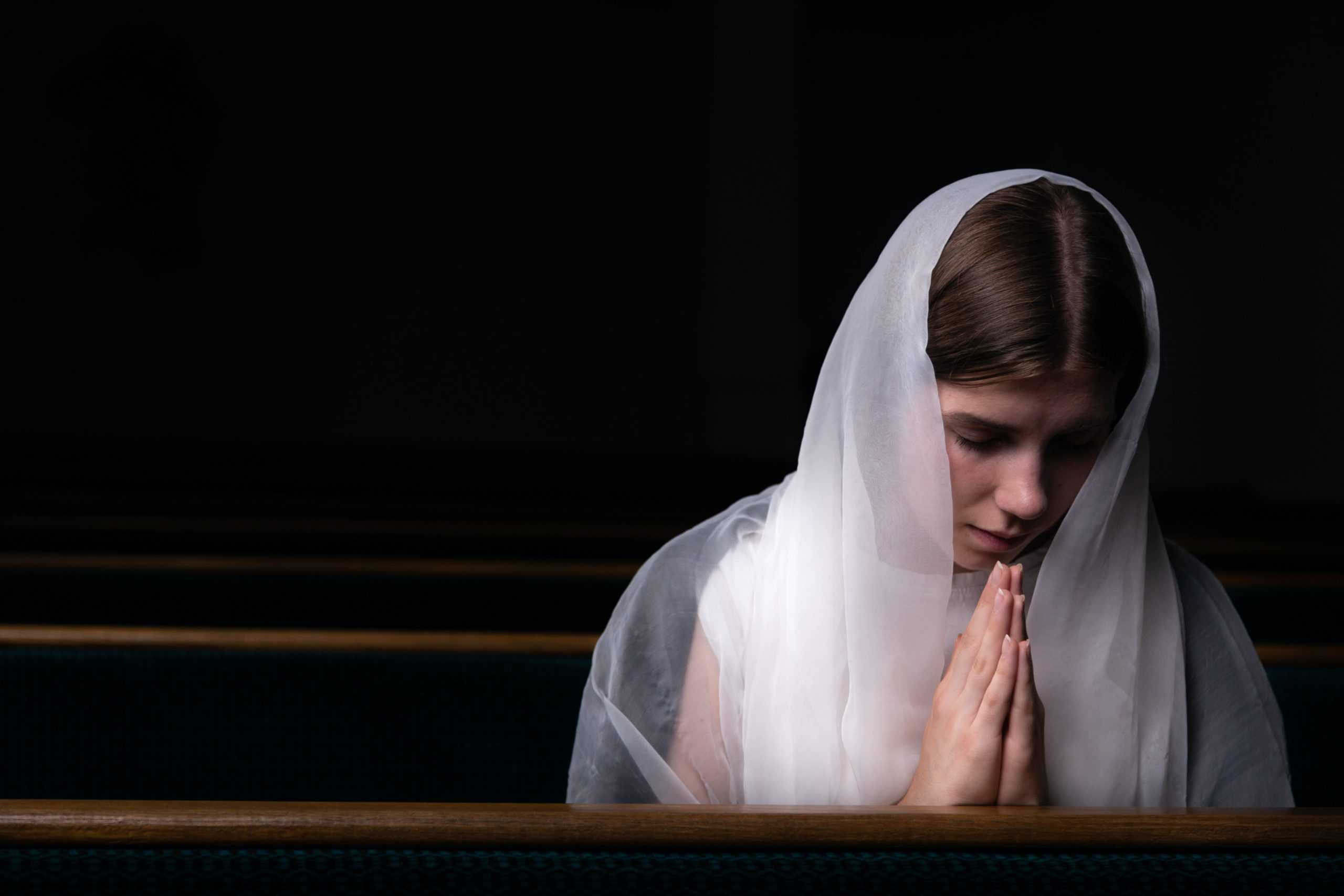
Many of these subtypes have been a part of my own OCD journey, where it feels like I’ve consumed every gross OCD ice cream flavor imaginable at some point in my life. In my earliest memories, I was consumed by terrifying worries and did everything in my power to alleviate my deepest fears.
For instance, I can remember being absolutely plagued by guilt following the death of my aunt to cancer, as I worried that it was somehow the fault of my 8-year-old self.
Soon after, I worried constantly that I was somehow a dangerous person. Intrusive thoughts and images flooded my mind at night, as I called my parents into my room to confess every scary thought in order to seek reassurance that I was not a dangerous monster.
As I grew older, my fears changed and morphed into every single area that was important to me. By college, I was afraid to go to sleep out of fear that I had left the stove on or the door unlocked.
And by graduate school, I was terrified I called individuals derogatory names or wrote horrific things in birthday cards before blocking it out. I managed by checking the stove, taking pictures of the locks, or calling friends to make sure I hadn’t somehow caused harm.
In my early 20s, I learned that I was experiencing symptoms of OCD. I was taking psychology courses and started to recognize some of the symptoms, but I knew very little about the presentation of OCD (and even less about the treatment!). At this point, I was in seminary and doubting absolutely everything
Enhance your knowledge of OCD and checkout our must read OCD books list!
How Stigma Affected My OCD
From whether or not I left the candles lit in the chapel to whether or not I was secretly a horrible monster. And yet, I feared documentation of an official diagnosis would negatively impact my pursuit of ordination. So, I pushed it down and continued to cope by seeking reassurance wherever I could find it, which only made me sicker.
I spent my entire treatment journey in secret: hiding every obsession and compulsion from those around me. As I moved into the role of a school chaplain and interfaith educator, I was terrified that if someone knew the chaplain was seeking mental health treatment, they would no longer respect me as an ordained minister or as a leader.
I kept my OCD hidden for such a long time in ministry, and yet…evidence-based treatments like Exposure and Response Prevention (ERP) saved my life. I had an amazing therapist who saw me in the evenings outside of my interfaith chaplaincy role, but I still didn’t want anyone to know.
And then, something shifted for me. After witnessing many of my students navigate their own mental health struggles—fearful of being open in their faith communities—I felt like I had a responsibility to share my story.
I wanted my students from all faith backgrounds (Jewish, Christian, Muslim, Sikh, Jain, Buddhist, humanist, and beyond) to know that they could authentically engage in their faith practices while seeking evidence-based treatments.
To my surprise, as soon as I began speaking up, families started reaching out to me more (not less!). Soon, I had the opportunity to begin advocating for faith and OCD with the International OCD Foundation (IOCDF).
Related Articles – Common Misconceptions About OCD
What is Religious Scrupulosity?
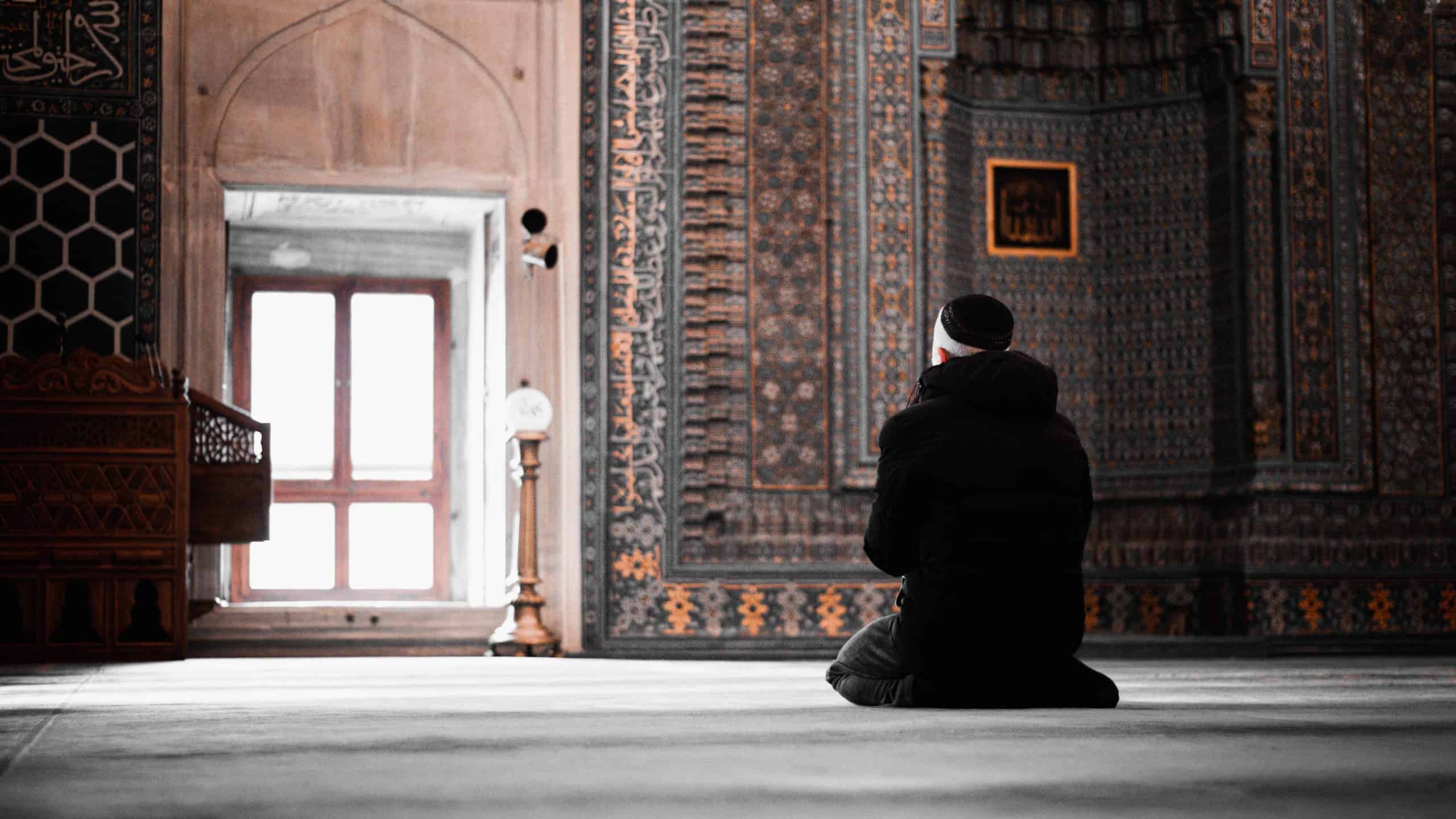
When I began to advocate publicly with the IOCDF, I learned about a subtype of OCD involving an individual’s faith tradition: religious scrupulosity. OCD always latches onto the things most significant to the sufferer, and in this case, an individual’s personal faith becomes OCD’s target.
Rather than connecting with the Divine through meaning-making and genuine connection, religious scrupulosity pushes an individual to engage in repetitive practice strictly out of fear, guilt, shame, disgust, or urgency. For individuals navigating religious scrupulosity as a subtype of OCD, repeatedly and rigidly engaging in religious/spiritual practices becomes debilitating, rather than life-giving.
Religious scrupulosity can exist within any religious/spiritual tradition, as OCD themes are only limited by the imagination.
For instance, here just a few of the obsessions I see in my work across religious/spiritual traditions:
- Hinduism: What if I pronounced the slokas incorrectly? What if I wasn’t fully engaged when performing puja? What if I’ve done something that impacts my progress in dharma?
- Buddhism: What if I didn’t have a pure intention alongside that action? What if I have negative karma? What if it isn’t possible to stop suffering?
- Judaism: What if I have broken a religious law? What if I am not fasting appropriately or fully following dietary restrictions? What if I’m praying incorrectly?
- Christianity: What if I committed blasphemy against the Holy Spirit? What if I gave my soul to Satan? What if I’m doomed for Hell?
- Islam: What if I smiled involuntarily during Ju’mah? What if I’m not fully pure from ablution? What if I unintentionally consumed food/water during Ramadan?
- Nontheism: What if I’m wrong in my beliefs?What if everyone thinks I’m a bad person? What if I am not truly moral?
This is not an exhaustive list, as intrusive thoughts/obsessions are only limited by the imagination. And yet, whatever form it takes, these questions are no longer about a person’s faith but rather about alleviating the discomfort of this “doubting disorder.”
They can overlap or emerge in any form imaginable, with a particular focus on fear, anxiety, guilt, shame, or punishment.
In seeking to answer each question with “complete certainty” (an impossibility!), a person might spend countless hours engaging in compulsions, like:
- Excessive prayer completed to perfection
- Excessive purity rituals
- Confession to the Divine or religious leader
- Avoidance of religious texts or practices
- Excessive displays of devotion
- Acts of self-sacrifice
- Reassurance seeking from religious leaders or sacred texts
And yet, finding certainty is an impossible and unachievable task that can never be reached. As a result, individuals continue to go around the cycle – engaging in rituals and almost worshiping the OCD as opposed to connecting with their faith in a meaningful, value-driven way.
Related Articles – Scrupulosity Disorder and OCD
Treatment for Religious Scrupulosity
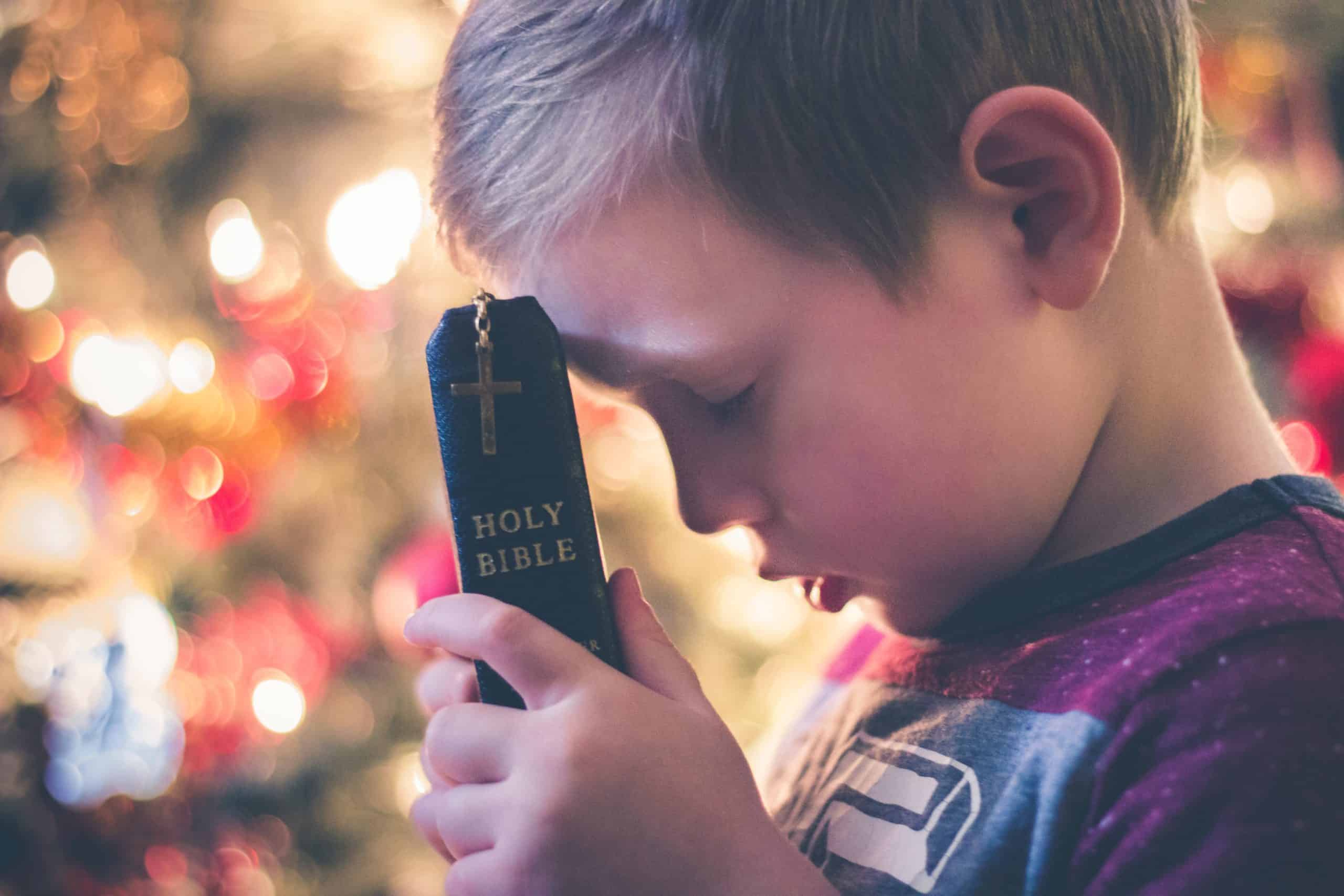
Thankfully, there is so much hope for individuals navigating OCD. And with religious scrupulosity as a subtype of OCD, it is often treated utilizing the gold-standard treatment Exposure and Response Prevention (ERP), a specific treatment that falls under the umbrella of Cognitive Behavioral Therapy.
According to the IOCDF, “the exposure component of ERP refers to practicing confronting the thoughts, images, objects, and situations that make an individual anxious and/or provoke their obsessions.
The response prevention part of ERP refers to making a choice not to do a compulsive behavior once the anxiety or obsessions have been ‘triggered.’” Eventually, through habituation, the brain no longer sees these faulty signals as a threat.
More tangibly, ERP for religious scrupulosity requires an individual to engage in religious rituals in ways that are imperfect or create a level of discomfort, without responding with safety-seeking or calming behavior.
The response prevention, or the focus on refraining from engaging in compulsive rituals or safety behaviors to alleviate feelings of discomfort, is absolutely essential.
It is important to note that this is never about intentionally opposing their faith, but rather addressing a mental health concern through evidence-based treatment in an effort to reunite the individual with their faith.
In my work as a chaplain and spiritual leader with clinicians, I encourage culturally responsive exposures that create a sense of discomfort without an individual feeling like they are crossing the line of their religious values.
Ultimately, an individual can connect with their faith from a space of meaning rather than a place where OCD masks as faith.
Related Articles – What Will Happen if OCD is Left Untreated?
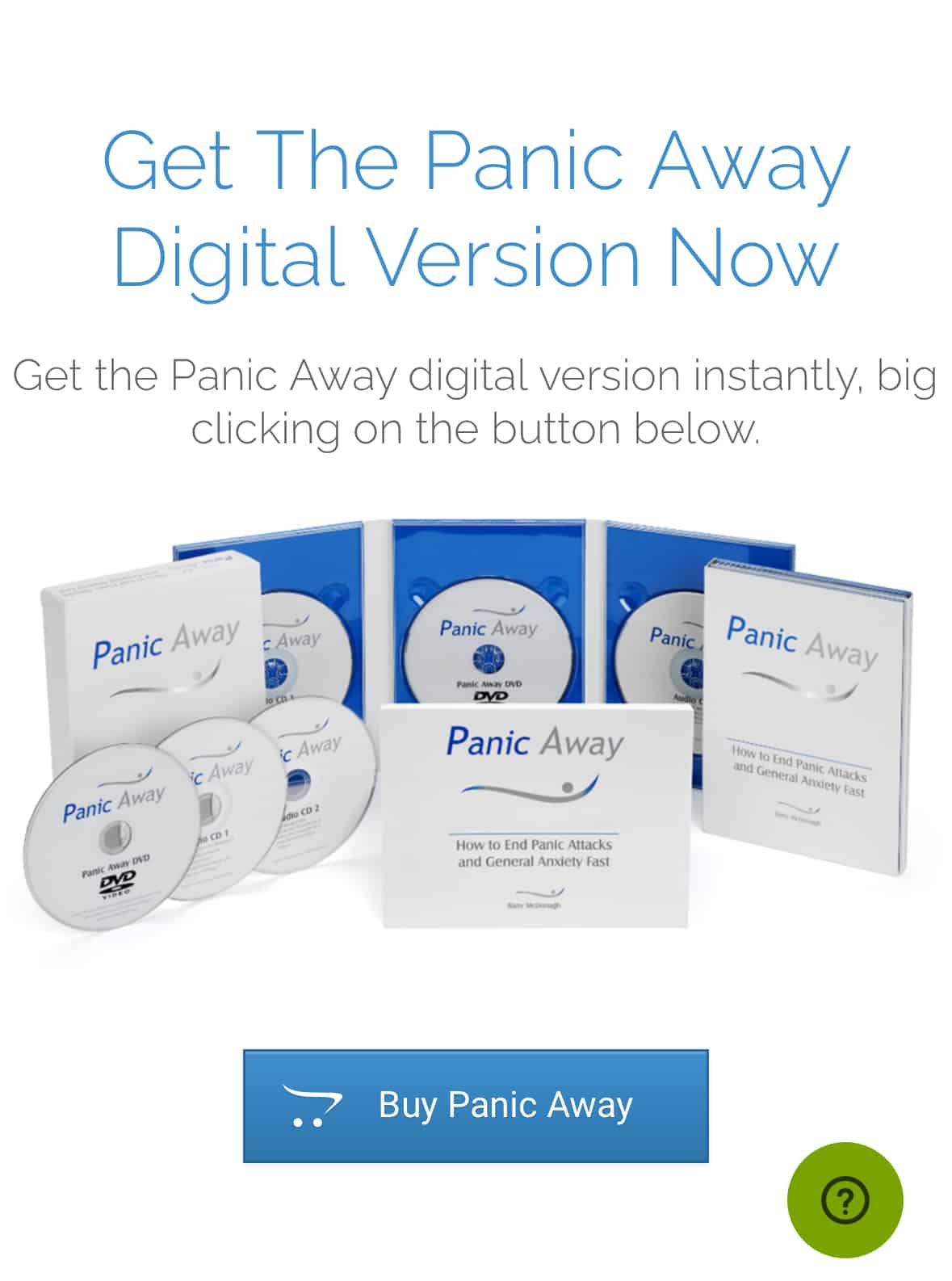
Ready to reclaim your life, one fearless step at a time? Your personalized path to anxiety-free living starts now!
Unlock your extraordinary future with PanicAway!
Don’t let anxiety define your story. Choose PanicAway, and step into a world bursting with limitless opportunities and unshakable self-assurance. Your personalized path to an extraordinary life is right here!
Meet PanicAway: Your Personal Roadmap to Liberation from Anxiety
Tired of letting anxiety steal the best moments of your life? It’s time to take charge and embrace a world filled with possibilities, free from fear and panic.
Why PanicAway is Your Perfect Ally in this Journey:
- Immediate Relief: Imagine those sleepless nights and crippling panic attacks becoming distant memories. PanicAway arms you with techniques for instant anxiety relief, putting you back in control.
- Empowerment from Within: It’s not about just managing anxiety; it’s about conquering it at its core. Rediscover your inner strength and emerge as a fearless, empowered version of yourself.
- Reclaim Your Freedom: Visualize a life where anxiety no longer dictates your choices. With PanicAway, you’ll savor the freedom to chase your dreams, explore the world, and seize every opportunity with unwavering confidence.
- Proven Success Stories: Join the community of individuals who’ve transformed their lives with PanicAway. You can be the next success story, and we can’t wait to celebrate your triumph!
- Comprehensive Support: You gain access to a treasure trove of resources, from life-changing e-books to enlightening audio guides. Plus, connect with kindred spirits on their own journeys to overcome anxiety.
Final Thoughts – There is Hope
In 2020, I was blessed to begin working with an amazing team of humans at the IOCDF to create Faith & OCD initiatives through an interdisciplinary task force, special interest advocacy groups, annual conferences, and a full web resource.
And with the encouragement and support of the IOCDF, beginning in May 2022, I moved out of school chaplaincy to found Faith & Mental Health Integrative Services, an organization helping individuals with OCD and related disorders live into their faith traditions in value-driven ways as they navigate evidence-based treatment.”
I now have the pleasure of turning my pain into purpose by working in the area of religious scrupulosity full-time.
Tangibly, I consult alongside clinicians on religious scrupulosity cases around the world, lead international scrupulosity support groups, train clinicians in interfaith literacy for ERP, and train faith leaders in the understanding of scrupulosity.
I even host a podcast called, “What’s the Scoop on Scrup?” My entire life is that of an interfaith chaplain specializing in OCD, which is fulfilling beyond anything I could have possibly imagined! My biggest joy is working on care teams to help individuals across faith traditions reconnect with their traditions in value-driven ways not dictated by their OCD.
I am also working on my Doctor of Ministry in Integrative Chaplaincy at Vanderbilt, where I am focusing my research on reimagining ERP as a spiritual practice across faith traditions. Through this work, I’ve learned that treatment is a leap of faith, and THERE IS SO MUCH HOPE!!
I’ve had the pleasure of witnessing so many individuals move through evidence-based treatment, reclaim their lives, and actually reconnect with their faith in a value-driven way no longer dictated by OCD. This is truly a beautiful thing. And while OCD is truly a dreadful disorder, I believe that we can take a leap of faith during OCD treatment, as everyone deserves to reclaim the big, beautiful, awesome lives they were created to live.

